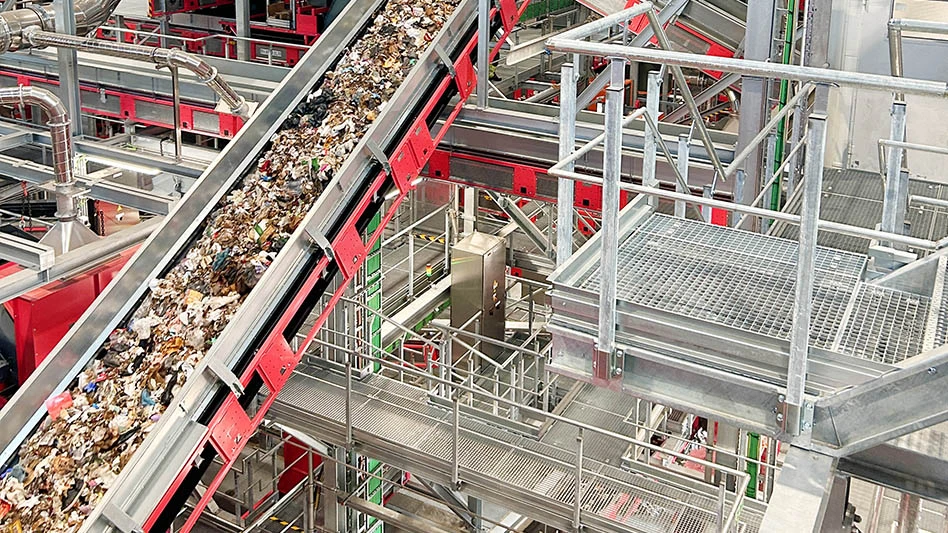
Photo from Waste Today archives
Officials in Haverhill, Massachusetts, have agreed to extend the city’s solid waste host agreement with Morristown, New Jersey-based Covanta for another 10 years.
The most recent contract, which dates back to the 1980s, expired about a year ago. As reported by WHAV, the waste-to-energy provider and the city of Haverhill have been negotiating under a one-year extension.
“The new agreement is now good for 10 years. This is a rather unusual contract because it locks in a schedule of solid waste disposal costs with the host payments that are due to the city from Covanta. The solid waste disposal cost is scheduled and capped,” Attorney Michael A. Leon of Nutter McClennen & Fish, representing the city, told WHAV.
“Under the first year of the contract, we would pay $65 a ton and it would ratchet up. However, for every increase that we experience in the rate, we increase the host payment and the overall economic benefit to the city continues to increase over the 10-year period.”
According to Leon, the city will earn a net revenue of $1.25 million plus an additional $250,000 in taxes in the first year alone. The new contract is good for five years with an option for the city to renew for another five years if it desires. Covanta cannot refuse renewal.
Leon added that the ash landfill portion of the Covanta Haverhill facility is closing within the next 12 to 18 months, meaning the residue will be hauled away to another site.
Covanta’s Area Asset Manager Mark Van Weelden told WHAV the ash landfill could close early next year as it reaches capacity, and only about 15 additional daily truck trips are expected.
“In terms of trucks in and out of site, it will be minimal once they start hauling offsite,” he said. “When we actually close, meaning that we are at DEP’s (Department of Environmental Protection’s) level, we will actually put a GeoCover over it.”
He explained that while the textile cover is more expensive, it reduces erosion potential and is easier to maintain.
Latest from Waste Today
- Northwest Natural Renewables proposes Ohio landfill project
- US Senate backs reduced cuts to EPA
- Waste Connections announces Q2 results
- Returnity and Cosmoprof to address reusable bag waste
- SWANA releases report on aging WTE facilities
- New economic assessment reveals cost benefits of California’s SB 54
- Premier Truck Sales & Rental opens new facility
- TeknTrash Robotics, Sharp Group partner on humanoid robot pilot





